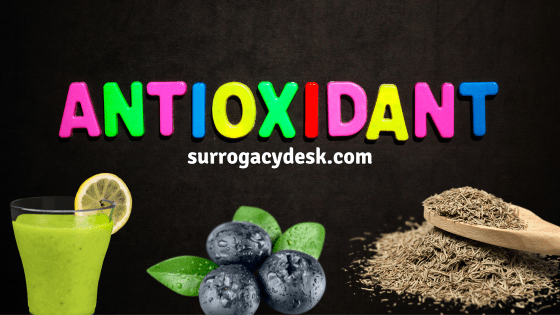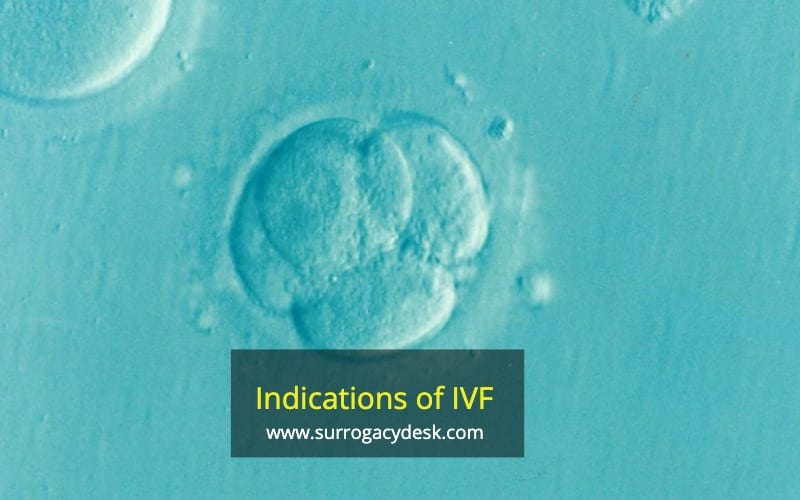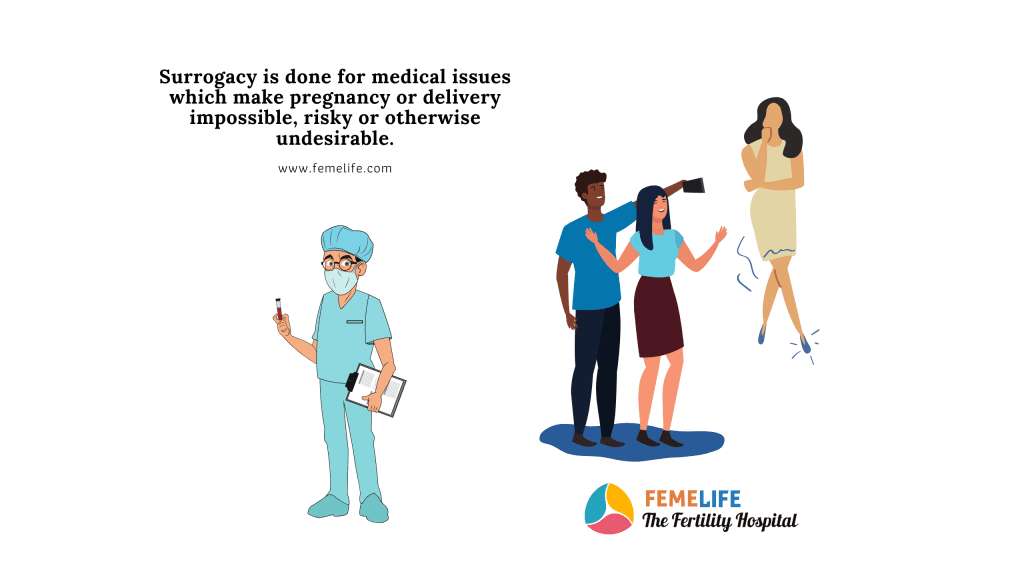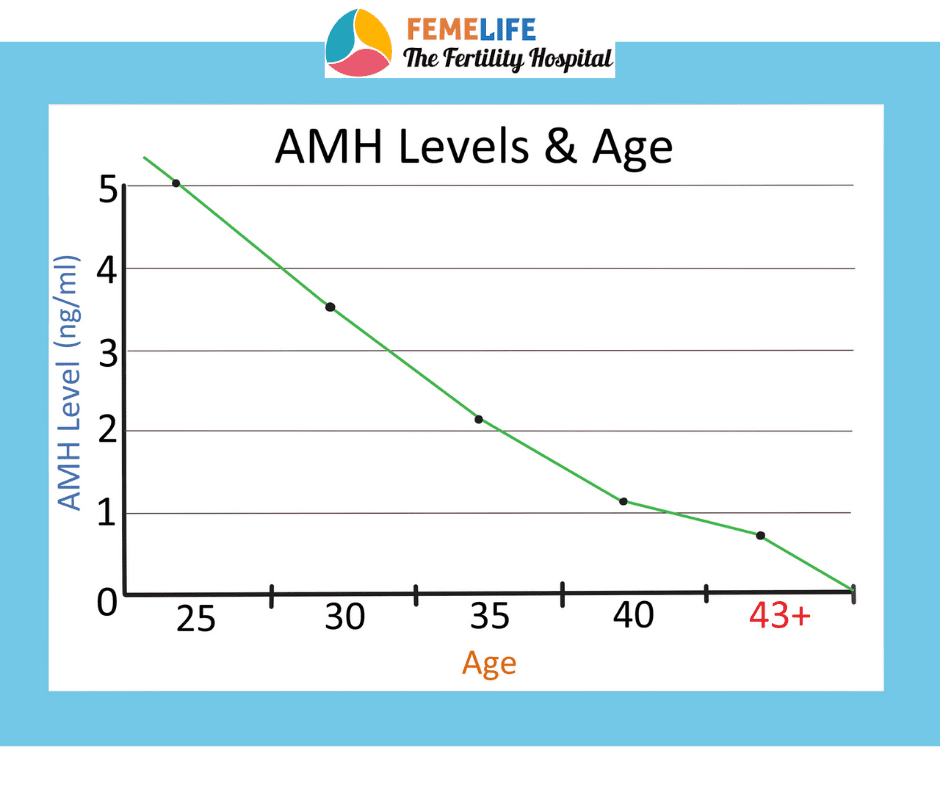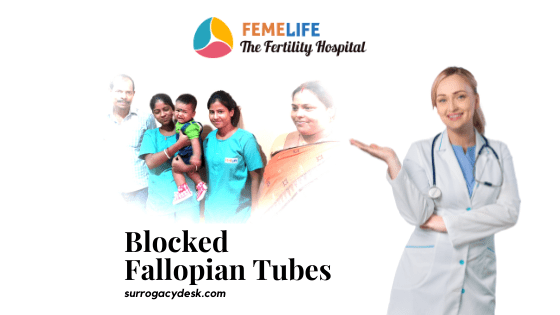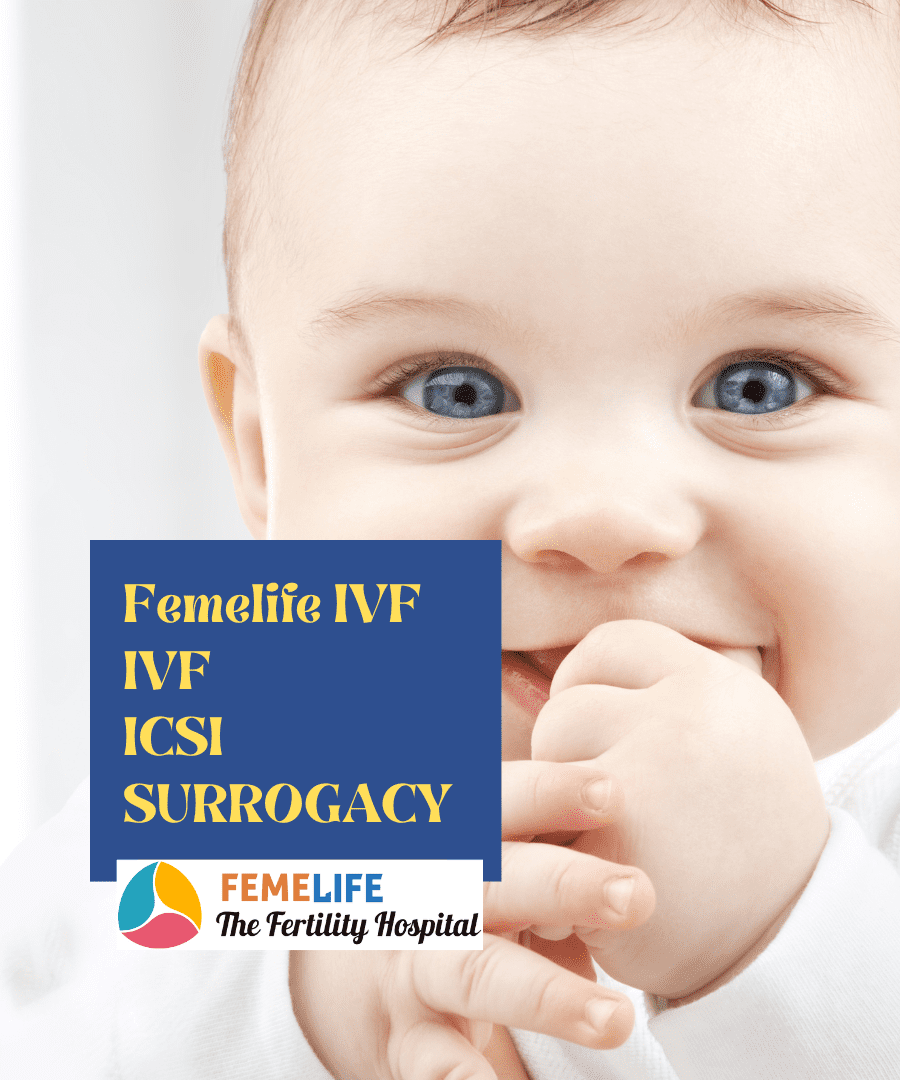A significant step by changing your way of life has a great impact on your fertility chances. To increase chances of success, losing weight, engaging in regular exercise, giving up cigarette and marijuana use, and reducing alcohol is crucial. You should include foods high in antioxidants in your diet. Blackberries, blueberries, strawberries, pomegranate, cranberries, green tea, dark chocolate, cooked vegetables, and spices like cumin, turmeric, ginger, and oregano are all excellent antioxidant supplement for your body. Antioxidants have lately attracted a lot of attention as a way to improve semen parameters. Following is a brief explanation of these supplements’ ingredients and their usage.
What is oxidative stress (OS)?
Oxidative stress (OS) is the result of an imbalance between the ability of the seminal plasma to serve as an antioxidant supplement and the formation of reactive oxygen species (ROS) by spermatozoa and white blood cells. Seminal oxidative stress results from unchecked and excessive ROS generation that overwhelms the semen’s limited antioxidant defenses.
Where are ROS produced?
Infertile patients‘ immature spermatozoa, damaged spermatozoa, and white blood cells are the main sources of ROS generation (granulocytes). Additional causes of oxidative stress include smoking, Varicocele, pollution, medications, and infections of the male accessory glands (prostate, seminal vesicle, and epididymis) (marijuana).
How does OS cause male infertility?
OS may harm spermatozoa’s DNA, which prevents them from fertilizing an egg.
OS has a history of affecting improper sperm production (by causing lipid peroxidation of sperm membrane).
Sperm concentration, motility, and function are negatively impacted by seminal OS, which has a deleterious effect on the fusion events necessary for conception.
How does the body defend against ROS?
There are organic systems of antioxidant enzymes (catalase, glutathione peroxidase, superoxide dismutase). In the male reproductive tract of healthy males, a delicate equilibrium between physiological ROS and antioxidants prevails. The body is shielded from ROS damage by the natural antioxidant supplement. This allows for appropriate ROS-mediated cellular responses, such as the eradication of pathogenic pathogens and intracellular signaling, while still allowing for regular oxidative metabolism to take place without harming the cells. Yet, in oxidative stress situations, ROS generation outweighs antioxidant defense.
What does antioxidant supplement do?
By eliminating the ROS, they can achieve equilibrium once more. This frequently improves sperm motility, count, and morphology while preventing DNA damage to sperm. Antioxidant supplement helps achieve this goal.
Which antioxidant supplement is used to treat male infertility?
These include carnitine, vitamin E, vitamin c, selenium, glutathione, N-acetyl cysteine, zinc, and vitamin b12, as well as coenzyme Q10 (Ubidecarenone), Lycopene (carotenoid), omega 3 fatty acids, and carnitine. Most of these antioxidant supplement can be obtained from a balanced diet.
Coenzyme Q10
It is also known as CoQ-10, ubiquinone, coenzyme Q, or Ubidecarenone, is a subunit of the electron transport chain and is involved in aerobic cellular respiration, which produces ATP as a form of energy. It serves a purpose in the electron transport chain in its oxidized state. It serves as an antioxidant supplement when its levels decreases. In the mitochondria midpiece of sperm cells, where it is involved in energy synthesis, CoQ-10 is concentrated. It also functions as an antioxidant, protecting sperm membranes from lipid peroxidation. According to a randomized controlled experiment, Co Q-10 significantly improved sperm motility, count, and fertilization rate.
Lycopene : Potent antioxidant supplement
It is a vivid red carotenoid pigment that has high antioxidant capacity. It is the most effective way to neutralize free radicals and oxygen. Tomatoes may contain large amounts of Lycopene which is used as an antioxidant supplement. It enhances sperm motility, concentration, and morphology (shape).
Omega-3 fatty acids
Eicosapentaenoic acid (EPA) and docosahexaenoic acid are two of them (DHA). For male fertility, DHA is necessary. Low sperm counts and infertility are associated with its insufficiency. The acrosome, an arc-like structure found in typical sperm cells, is present. Since it stores, arranges, and concentrates a number of enzymes that sperms employ to access eggs, the acrosome is essential in fertilization. The acrosome’s building pieces must be fused together by DHA. This crucial structure cannot develop without DHA, and sperm cells cannot function. DHA is essential for controlling sperm membrane fluidity and spermatogenesis. There are abundant omega-3s in fish.
Vitamin E and C
Sperm performance is improved by vitamin E. Spermatozoa are shielded from oxidative damage and motility loss by it. A highly effective water-soluble ROS scavenger is vitamin C (calcium ascorbate). In addition to shielding human spermatozoa from endogenous oxidative damage, it is a potent antioxidant supplement that eliminates free radicals in the body and neutralizes hydroxyl, superoxide, and hydrogen peroxide radicals. Sperm agglutination is prevented by vitamin C. Together, vitamins C and E work to protect spermatozoa from peroxidative damage.
Vitamin B12
It is a crucial antioxidant supplement for RNA and DNA synthesis during cellular replication. Sperm motility and count have been shown to decline in deficiency situations.
Trace elements such as selenium and zinc
The spermatid enzyme phospholipid hydroperoxide glutathione peroxidase, which develops into a structural protein making up more than 50% of the mitochondrial capsule in the middle of mature spermatozoa, is formed with the help of selenium. Deficiency causes the mid-piece to become unstable, which impairs motility, breaks the spermatozoa midpiece, and increases morphological defects, which mostly impact the sperm head. Zinc levels are often lower in sperm-poor men who are infertile. Improvements in sperm quality, motility, and ability to fertilize are shown with zinc supplementation, as is a decrease in the prevalence of anti-sperm antibodies.
